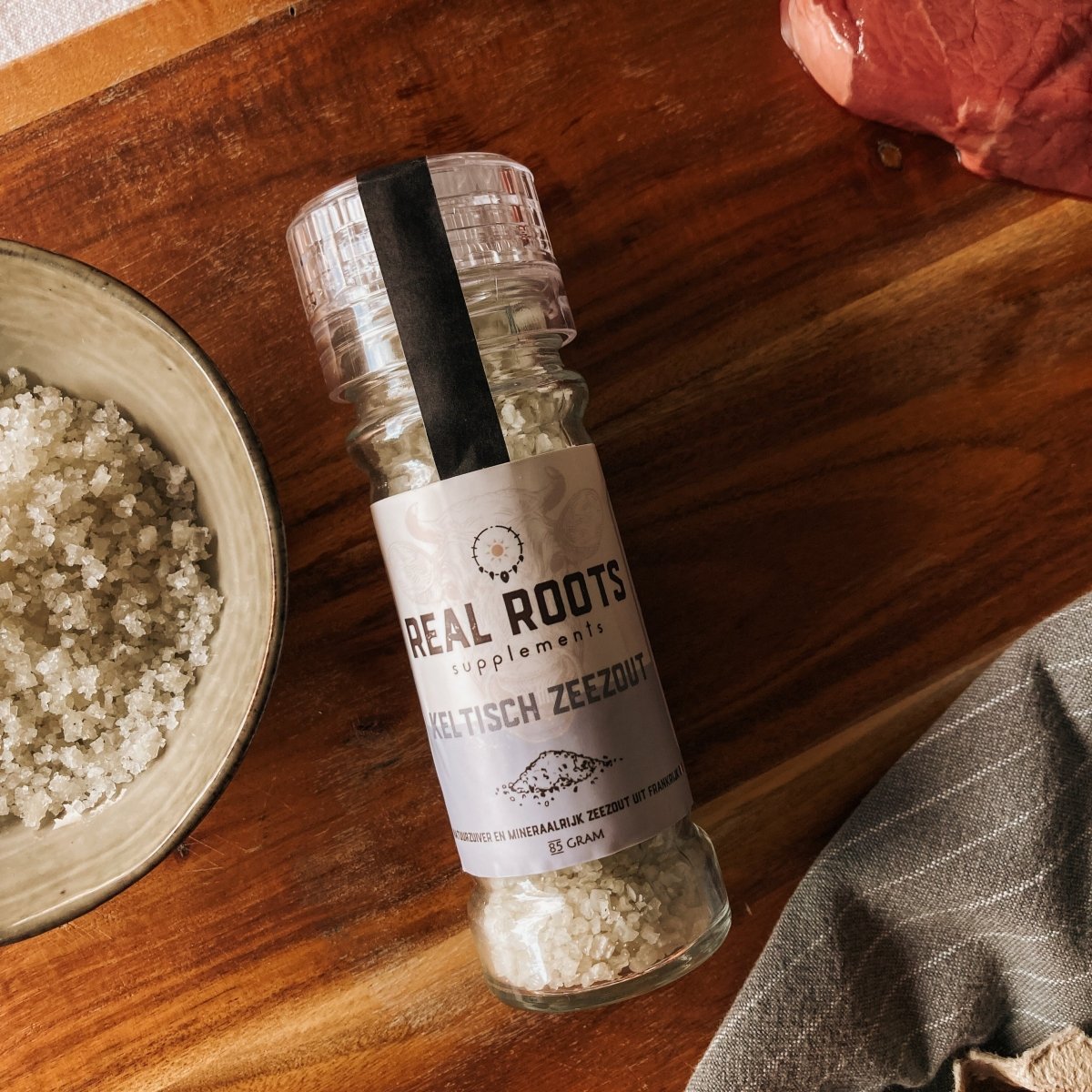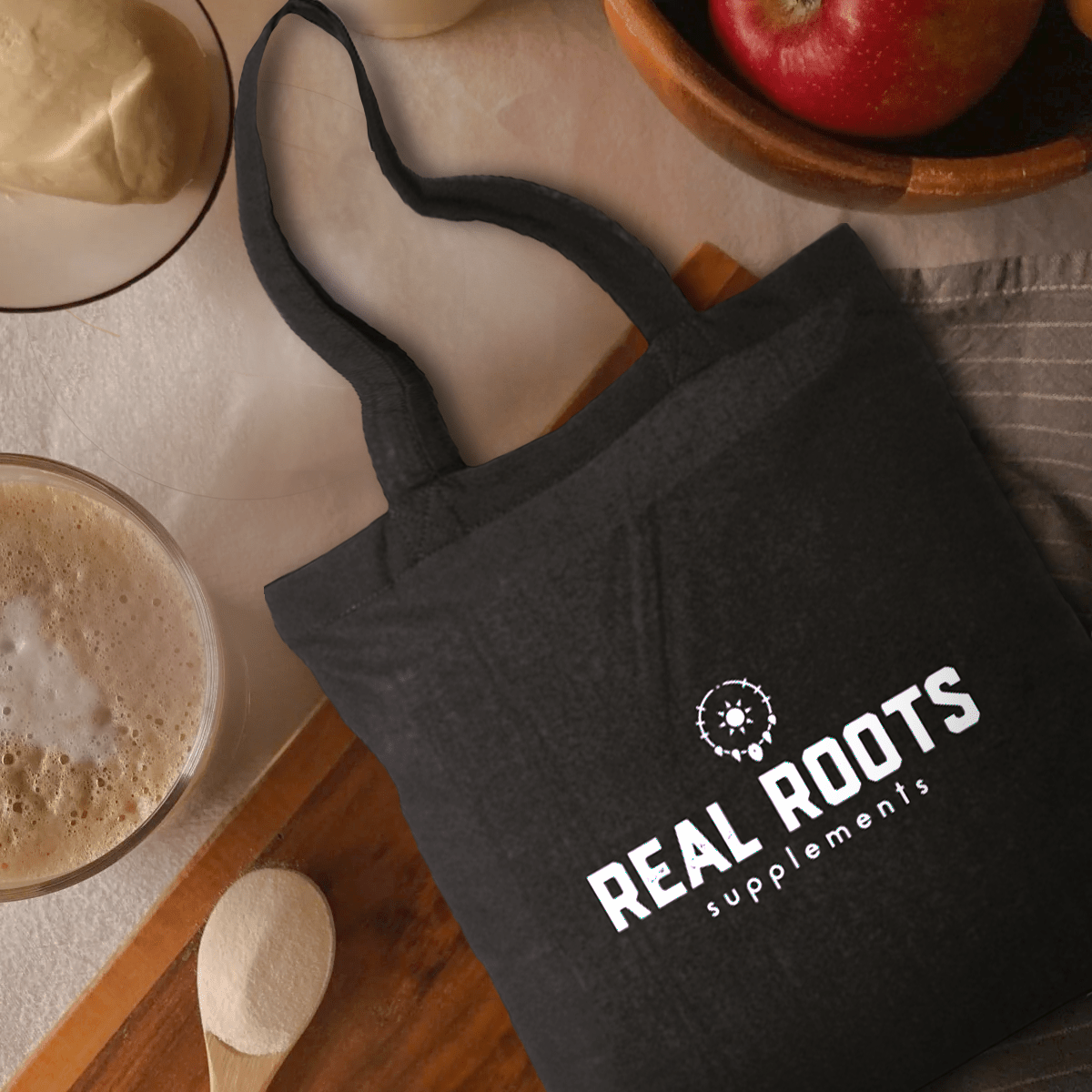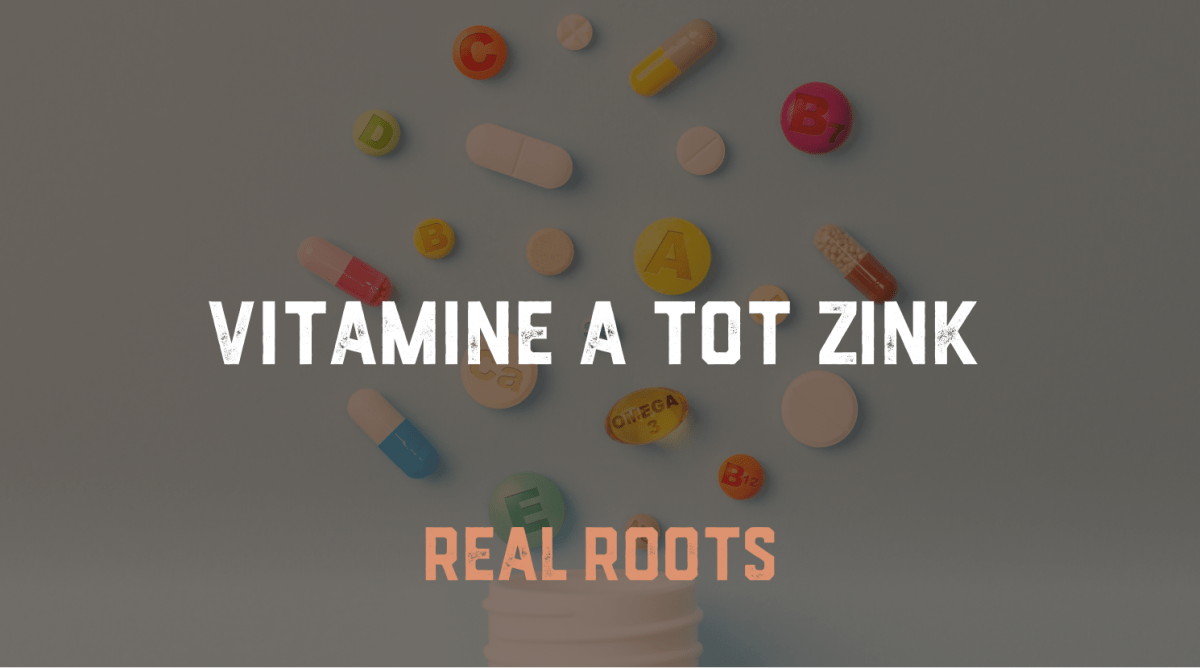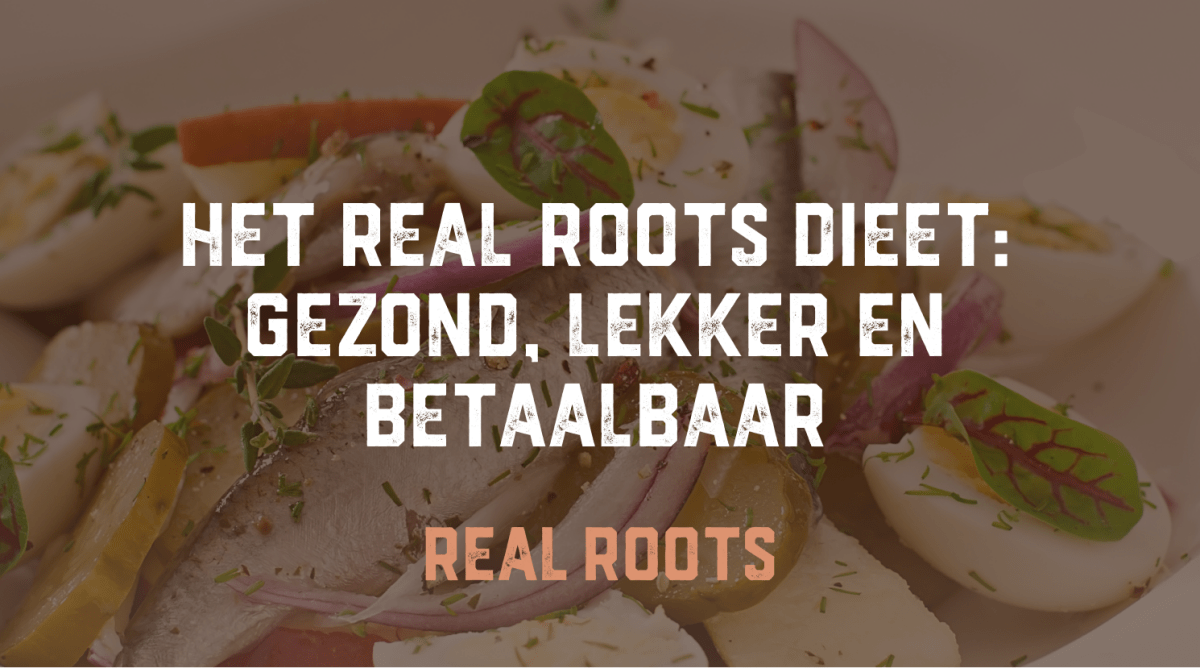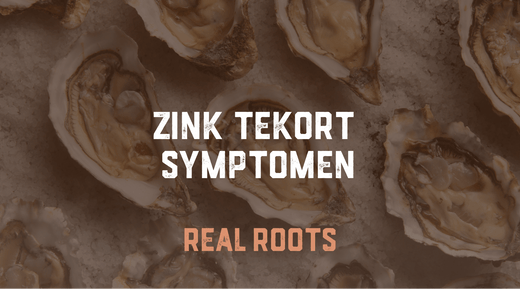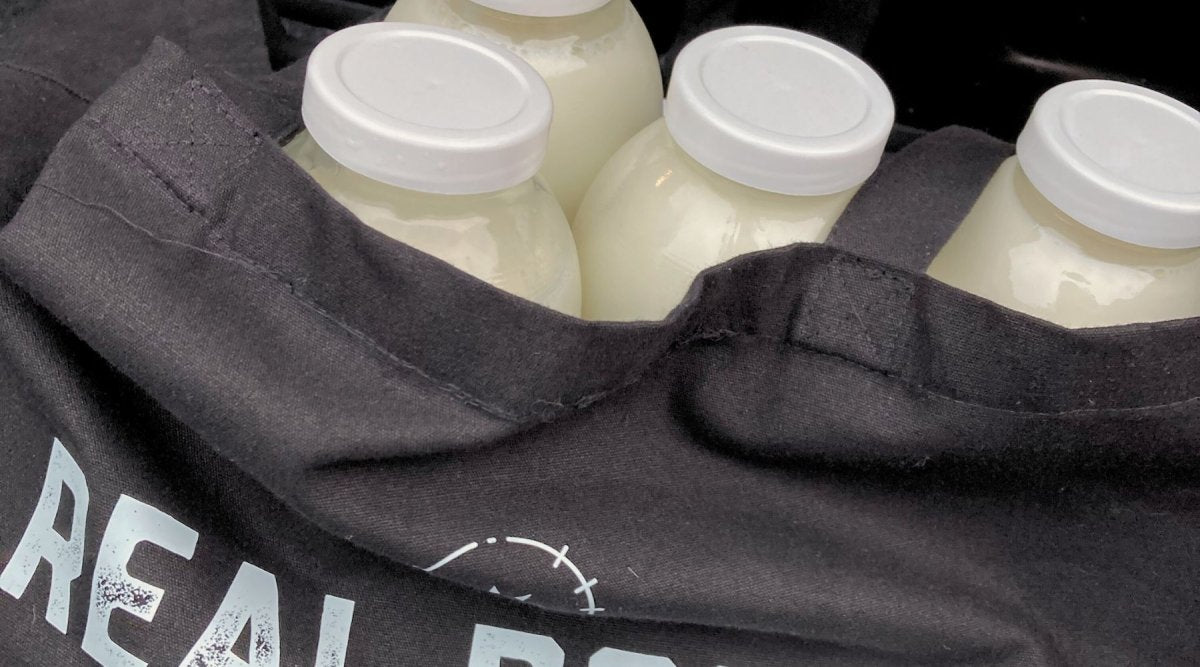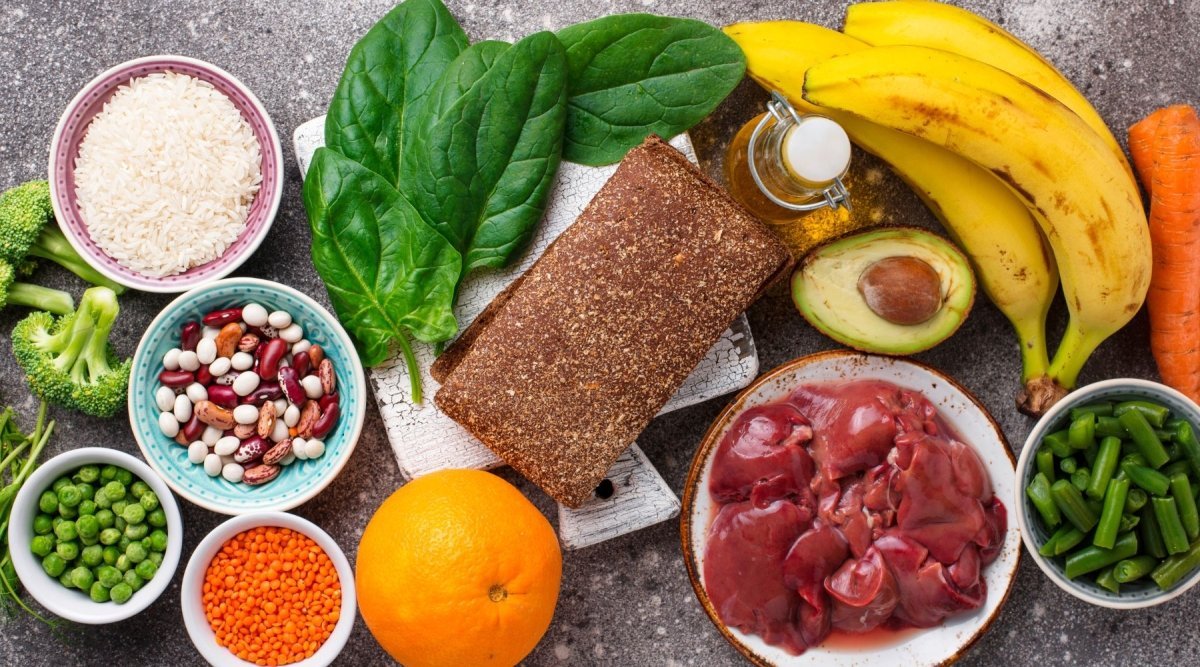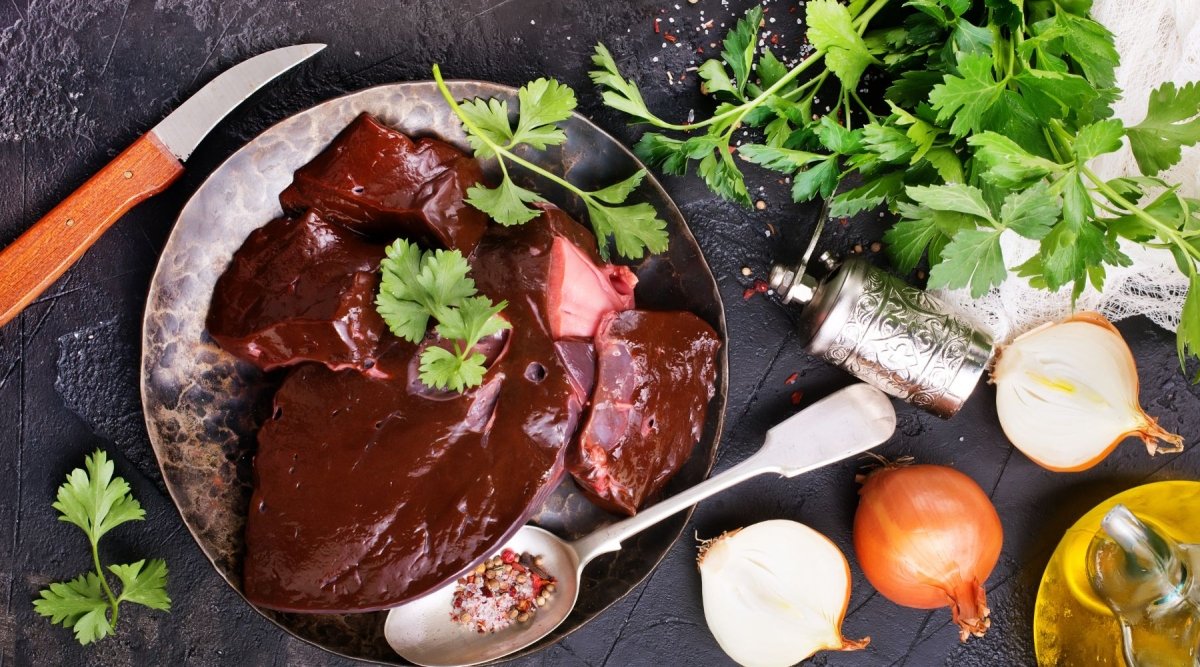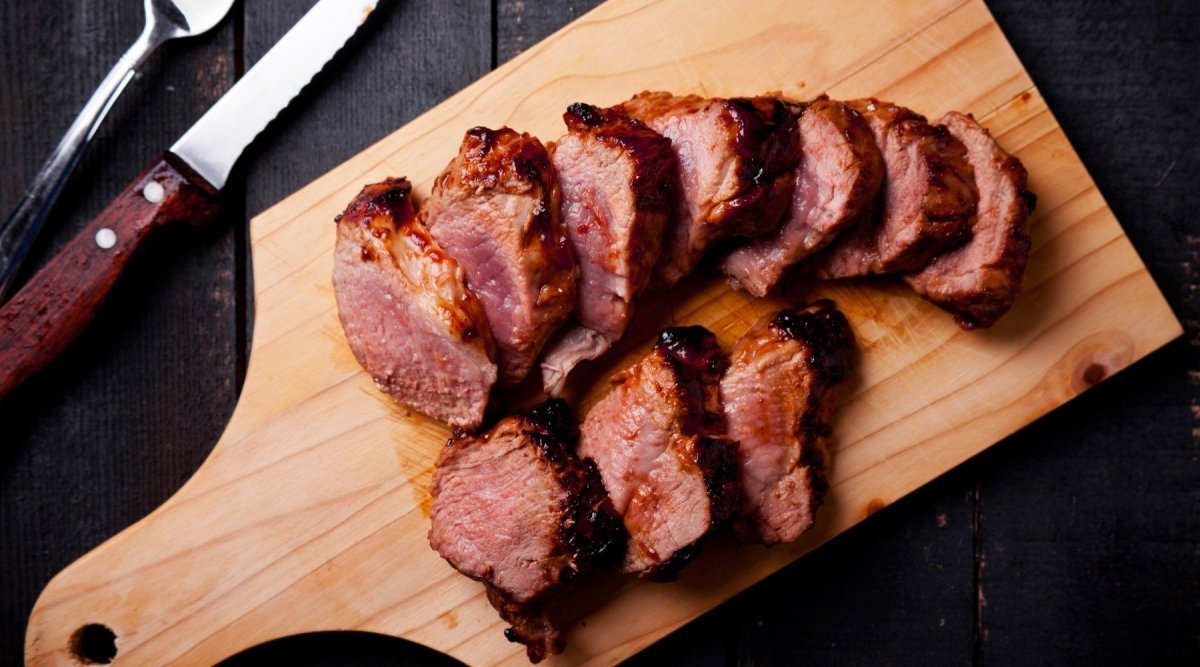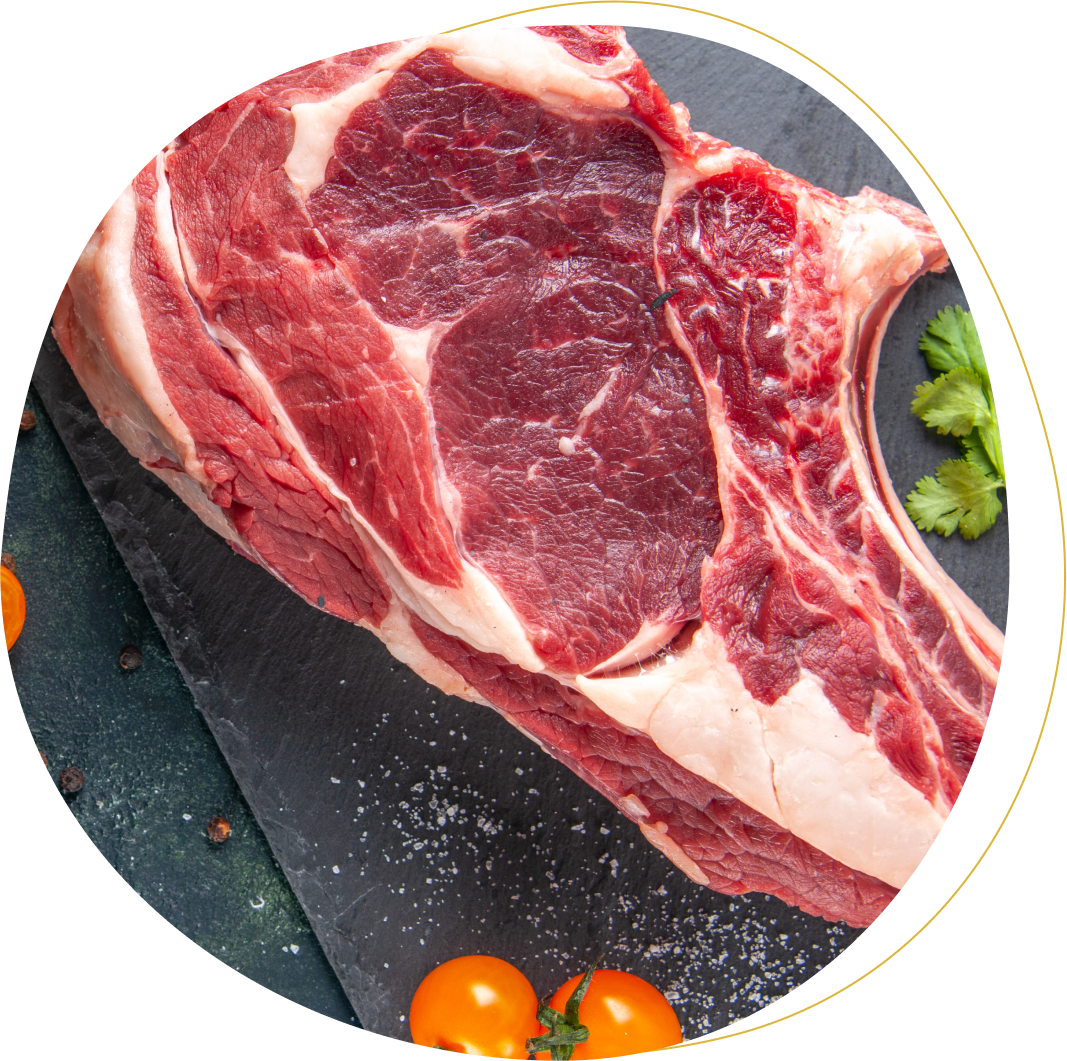Healthy fats: indispensable for a strong and energetic body
"Fat makes you fat." "Fat is actually healthy." "Bungee jumping is awesome!"
There are quite a few contradictory statements about fats. And that's quite logical, because there are so many different types and you hear all sorts of things about them. Time to break the confusion and see which fats are really good for your body. Feel free to grab a nice piece of (grass-fed) cheese, take a glass of raw milk, and settle in—because this can give your health journey a serious boost. Is grass-fed meat better than standard meat? Find out in this blog!
Natural power – every day
At Real Roots, we believe the power of your nutrition largely lies in how pure and unprocessed it is. All fats that occur in their natural form have something to offer. But due to our modern diet, the balance has shifted. Processed seed oils have made a strong advance, causing us to consume much more polyunsaturated fats, especially the omega-6 variant. This affects your heart, your hormone balance, and even your brain. What are fatty acids? Everything about saturated, omega 3, and omega 6 read here!
From cellular level to energy level
Fat plays a crucial role down to the cellular level: it determines the composition of your cell membranes and how well your cells can 'communicate' with the rest of your body. With the right fats, you are better protected against stress, aging, and chronic diseases. Moreover, fats provide a stable form of energy; they promote satiety and help keep your blood sugar levels balanced. Not unimportant if you want to lose weight or maintain your energy levels.

Saturated and unsaturated fats: here's how it works!
Let's first refresh the basics. There are both saturated and unsaturated fats, and within the latter group, you have monounsaturated and polyunsaturated fats. Sounds complicated, but it's really about the chemical structure and how it functions in your body.
Saturated fats
- Found in tallow, butter, ghee, and (grass-fed) meat.
- Firm, stable, and perfectly suitable for cooking at higher temperatures.
- Often wrongly labeled as "bad" due to an alleged risk of cardiovascular diseases, but more and more research shows that saturated fat in the right balance can actually contribute to good health.
Monounsaturated fats
- Found in olive oil, avocados, and certain nuts.
- Relatively stable, good for your heart, and easy for the body to use.
- Can contribute to a healthy cholesterol level.
Polyunsaturated fats
- You find these in walnuts, flaxseed, but also in many seed oils such as sunflower and soybean oil.
- Important source of omega-3 and omega-6. However, the ratio between these two determines how healthy your diet is. An excess of omega-6 can contribute to inflammatory responses in the body and thereby increase the risk of cardiovascular diseases.
Omega-6 to omega-3 ratio
One of the most important points of attention: the balance between omega-6 and omega-3. In a modern diet, this ratio can rise to as much as 20:1, while a ratio of 2:1 or 3:1 is much healthier. You can read more about it in this study. More information about Fatty fish such as salmon, herring, and mackerel actually provides you with more omega-3. By focusing on this as much as possible and avoiding seed oils, you restore that balance. Also consider grass-fed meat, eggs from free-range chickens, and wild fish, because these animals/fish eat more nutritious food and thus pass on more omega-3 to us.

Want to easily increase your omega-3 intake? Then cod liver oil is the ultimate choice. The Real Roots cod liver oil capsules contain a natural source of omega-3 fatty acids, plus the important fat-soluble vitamins A and D. This makes it a powerful supplement for your brain, immune system, and overall vitality. A simple and effective way to optimize your fatty acid balance! Fermented cod liver oil: Why this is your new superfood.
Why the fat you eat matters
Your brain consists of about 60% fat and is therefore highly dependent on the fats you consume. A high intake of heavily processed polyunsaturated fats (such as soybean oil) has been linked to a greater risk of cognitive decline. Some studies even point to a relationship between high omega-6 intake and diseases like Alzheimer's. On the other hand, sources of unsaturated fats in the form of omega-3 (for example from fatty fish or cod liver oil) actually promote better brain function, a stable mood, and clear focus. Curious about which is better, cod liver oil or fish oil? You can find out in this blog!

Frying and deep-frying: not just the smoke point matters
You've probably heard it: “A high smoke point means a fat is suitable for frying.” But that's not the whole story. Many oils oxidize or form harmful substances long before they visibly smoke. Especially sunflower and rapeseed oil are very sensitive to oxidation and form potentially harmful compounds when heated. Therefore, prefer:
- Tallow & coconut oil: extremely stable, ideal for frying and deep-frying up to about 200°C.
- Ghee: also very stable, perfect for higher temperatures above 200°C.
- Butter is of course also possible, but be aware that the milk solids sometimes burn faster. If you want to go higher with the temperature, ghee (clarified butter) is a better choice.
How much fat do you need per day?
The question “How much fat should I eat per day?” is not easy to answer in one sentence. On average, it is advised that 20-40% of your daily calorie intake comes from fats. But that range is wide because every body reacts differently. One person feels better with a bit more saturated fat, another with more monounsaturated fats from olive oil or avocado.
It's important that you get a large part of your energy from the right fats. This prevents fluctuations in your blood sugar, provides your hormones with enough building blocks, and supports the absorption of fat-soluble vitamins (A, D, E, K). So especially look for a balance that fits your lifestyle and test what works for you.
Practical tips from Gino: how to apply it
- Eat fatty fish at least twice a week: salmon, mackerel, sardines, or herring. These are great sources of unsaturated fats, especially omega-3.
- Fry your fries in tallow or coconut oil: So flavorful and less oxidizing. If you really want to use sunflower oil once, don't make it a weekly habit.
- Choose butter and ghee: Use them for frying, roasting, or simply as a tasty addition to your vegetables.
- Avoid processed seed oils: Think of sunflower, soybean, and rapeseed oil. If you still want to use sunflower oil, limit it to salad dressings (cold use) and store the oil in a dark, cool place.
- Vary with different types of fat: Both saturated and unsaturated fats fit into a healthy diet. Think of butter, olive oil, coconut oil, nuts, and seeds in their natural form.
But… don't you get cardiovascular diseases from too much fat?
For a long time, it was thought that saturated fats would directly lead to cardiovascular diseases. But now we know this is an overly simplistic approach. It's about balance: too many refined carbohydrates and processed fats (such as hardened trans fats and excess omega-6) seem to be bigger culprits. Moreover, your overall lifestyle plays a role: do you smoke, do you exercise enough, and how about stress?
In short: if you choose as pure and natural as possible, fat doesn't have to be your enemy—on the contrary. In combination with sufficient exercise, sleep, and stress management, it can actually protect you.
Fats and losing weight: is that possible?
Absolutely. Fats satisfy, so you reach less quickly for unhealthy snacks. They ensure a balanced release of energy, which means fewer spikes and drops in your blood sugar. That can reduce cravings and snack attacks, which actually helps if you want to lose weight. Of course, your total calorie intake also counts, but the fat you eat doesn't have to be the culprit. On the contrary, it can support you in maintaining a healthy weight—as long as you choose the right fats and don't eat too many processed products.
In summary: choose consciously
- Avoid processed seed oils: Seed oils (such as sunflower and soybean oil) oxidize quickly and can do your body more harm than good.
- Eat fatty fish: Preferably at least once a week or even twice if you can.
- Go for grass-fed and organic: Whether you buy meat, butter, or eggs, the quality of the animal product also determines the quality of the fat. This is why eggs are truly healthy!
- Vary with types of unsaturated fats: Avocado, olive oil, nuts, and seeds in their original form.
- Saturated fats are not the enemy: Butter, ghee, tallow, and coconut oil can actually contribute to a better fatty acid balance.
Let your taste buds (and your body) enjoy
Choose the fats that fit your goals and keep it as natural as possible. A hearty piece of meat cooked in animal fat tastes delicious and gives you lasting energy. Enjoy everything in moderation, but don't just ignore fats out of fear of cardiovascular diseases. With the right balance, they are an indispensable pillar for your health—and your taste experience.
Know that your body needs fats for hormone regulation, absorption of fat-soluble vitamins (A, D, E, K), and for a healthy nervous system. By being mindful of which fats you use, you can give your health a huge boost. Treat yourself to that “Natural Power – Every Day” and embark on a journey of discovery in the wonderful world of fat.
